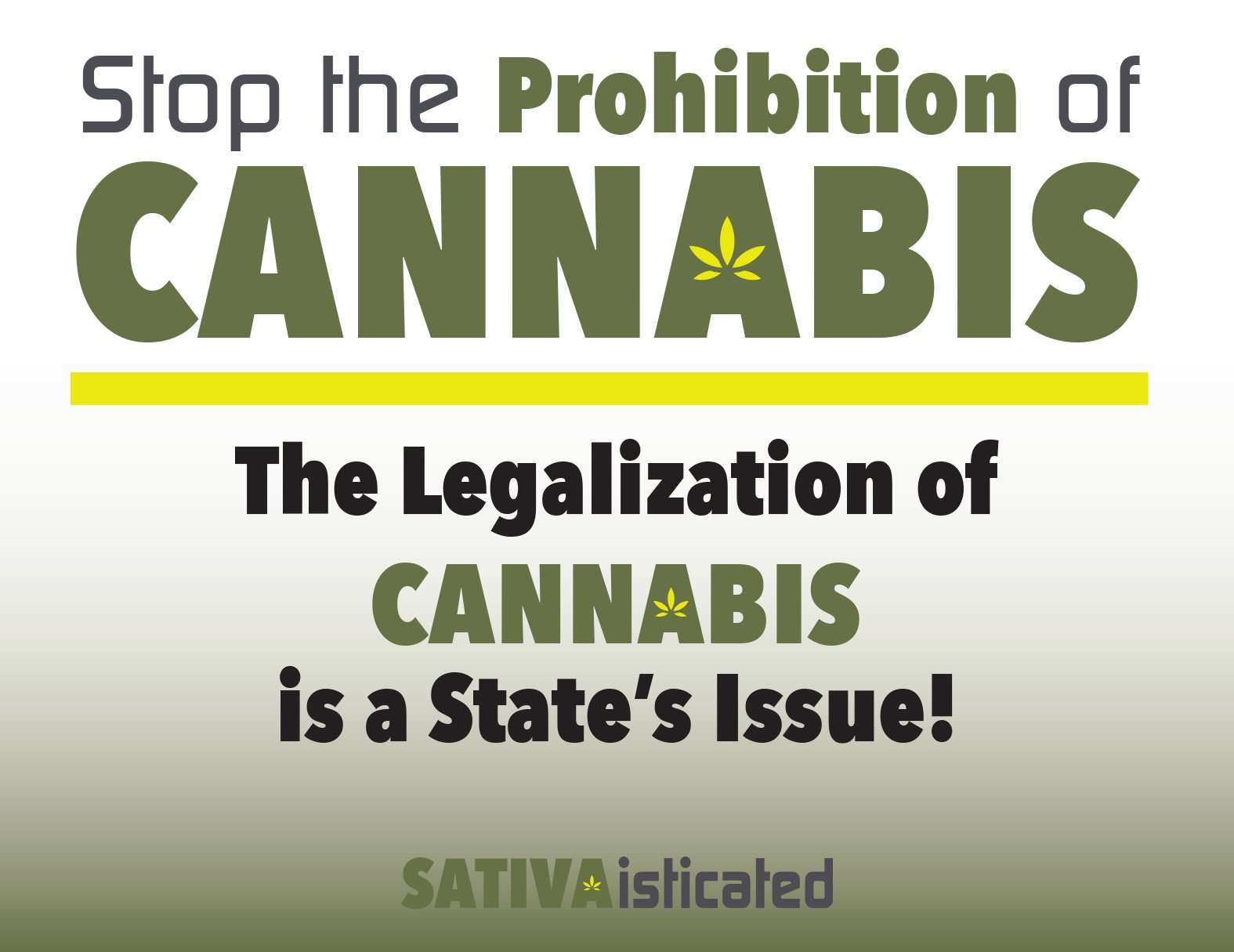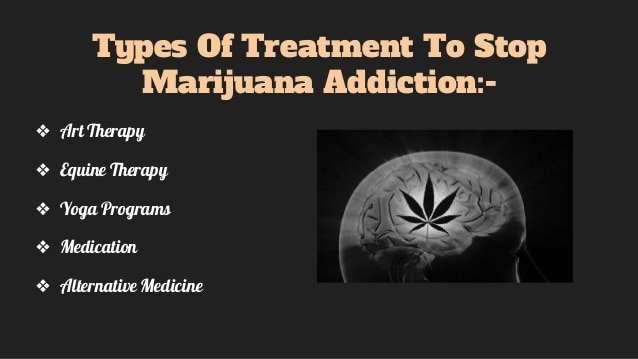The Effects Of Smoking Cannabis
In the first months of your marijuana consumption, smoking might have helped you calm down or uplift your mood.
Considering the positive side effects in the beginning, cannabis dependence may be inevitable when used frequently.
You may experience short term effects of joy or calmness. But you may also experience the following during or after smoking:
- Altered sense of time
If you recognize any of the side-effects mentioned in your own experience or loved ones, its important to take action to quit smoking marijuana now.
Every user of marijuana has a different experience of consumption and dependency.
Equally, there are many different reasons why people decide to quit marijuana. Whether its the financial cost, relationship problems or health worries, there are always ways to quit the habit.
The following tactics and methods of how to quit smoking weed can be approached as single solutions or combined as a strategy for kicking the cannabis habit.
You should ASK YOURSELF:
Can you notice how this substance harms your life?
If your answer is yes, lets continue.
First Learn About The Conditioning And Triggers
When you want to quit, you will realize it is often much more challenging than you expect even to reduce or stop using any type of substance.
Since it becomes habitual, dependency can develop over time.
Your mind begins to expect certain substances, specifically at certain times of day, with certain people and in certain environments.
For example: You may have a close friend who always smokes weed with you. So when you see him/her you automatically crave weed.
This is called conditioning. In this scenario, the meeting with your friend is a trigger.
Being aware of conditioning and triggers is important because you will use this information to your advantage to recover from weed for good.
While outlining your quit plan, you will decide on your approach by considering your conditionings and triggers.
That being said, if you are reading this article, you have likely already attempted to quit smoking weed or at least are preparing yourself to do so.
Below we have outlined steps you can take into consideration in this process.
Is Marijuana Really Addictive
Abuse of any substance, including marijuana, is when the user begins seeking the substance compulsively and continues use though there have been harmful effects to their lives, including problems with family, school, work or the legal system. Research has shown that about 9% of all marijuana users become addicted and that those who start early and who are daily users are more susceptible to marijuana addiction.
Also Check: How To Stop Being Addicted To Food
The Natural Quitting Solution
Quitting is quitting!If you quit for a month, or a year. or forever its all quitting. But you dont have to quit smoking weed cold turkey? Cravings and withdrawal effects are weed quitting killers if you cant get past those you cant stop smoking weed its as simple as that! Quitting is hard and quitting cold turkey is just totally unnecessary now that youve got VEJOVIS to help you.
You know why you want to stop and for how long you need to stop smoking weed. To get more focused, more clarity, more driven, more creative, more productive, save more money, to be more responsible, to get a better job, for your loved ones, etc. Vejovis will help you stop for however long you need to stop. Vejovis is here to help you quit smoking weed and its backed by a 100% Money Back Guarantee to do that. VEJOVIS is REAL HELP.
The Only Place That Quitting Success Comes Before Vejovis Is In The Dictionary.
Medical Cannabis Use Is Different From Recreational Use

Moreover, the JAMA study doesnt distinguish between medical and recreational cannabis, which are actually quite different in their physiological and cognitive effects as Harvard researcher Dr. Staci Grubers work tells us. Medical cannabis patients, under the guidance of a medical cannabis specialist, are buying legal, regulated cannabis from a licensed dispensary it might be lower in THC and higher in CBD , and the cannabis they end up using often results in them ingesting a lower dose of THC.
Read Also: How To Break Habits And Addictions
Exploring Professional Help In Getting Rid Of Smoking
Most of us do not possess strong motivation and determination without someone playing the second fiddle to our plan to achieve something worthwhile.
It is, actually, the weak-willed people who become addicted to drug abuse, alcohol, and marijuana. Naturally, most of them require the help of a mentor and psychologist to kick the bad habits out.
Let us look at some of the external help you can avail of for getting rid of cannabis smoking.
Comparison With Other Substances
All substances that affect the mind carry their own set of risks and harms, some unique to the substance. The most well-established, long term harm of regular cannabis use is addiction. It is often difficult to compare risks and harms between substances. Nevertheless, based on what is currently known, the risk of cannabis addiction is lower than the risk of addiction to alcohol, tobacco or opioids. And, unlike substances such as alcohol or opioids where overdoses may be fatal, a cannabis overdose is not fatal.
Don’t Miss: How Addictive Is Nicotine By Itself
What Happens When You Try To Quit Smoking Pot And Youre Addicted
Pot smokers who are classified as marijuana abusers frequently report that they have withdrawal symptoms that include sleeplessness, no appetite, anxiety, cravings to use, and irritability. While any of these can make quitting difficult, the combination of several symptoms can make it difficult to stay on the road to recovery. This is where SMART Recovery can help.
Why Is It Challenging To Quit Smoking Weed
Quitting smoking weed could be challenging as you might experience cannabis withdrawal effects.
Cannabis Withdrawal Effects
Everyone who goes on a journey of recovering from their weed dependency experiences different withdrawal symptoms. However, there are many common symptoms that its important to know about before.
While these psychological and physical symptoms do not usually present a direct danger to your health, they can be severely unpleasant and disruptive.
They may last anywhere from two weeks to several months.
In some cases the psychological symptoms may last much longer. Understanding more about them may ease your mind.
Effect #1: Cravings
Cravings are naturally the most common symptom of marijuana withdrawal.
They may be consistent or come on suddenly. They may also vary in intensity at different times.
This intensity will usually be influenced by the length of the time and the amount you used cannabis.
Nearly everyone who decides to give up their dependency on marijuana experiences cravings at some point. This is simply the normal reaction of your body when you give up something all of a sudden.
The chemical THC in marijuana is stored in the fat cells of your body. Unlike other drugs, such as tobacco, THC remains in your body long after youve stopped smoking.
Effect #2: Irritability or Anger
During weed withdrawal, you may feel very irritable or angry.
Effect #3: Anxiety or Agitation
Effect #4: Mood Swings, Depression
Effect #5: Headaches
Recommended Reading: Should Recovering Drug Addicts Drink Alcohol
Side Effects Of Smoking Weed
People who abuse . For example, many people smoke weed. They roll dried leaves and stems from the marijuana plant into smoking papers, and they light the joint to smoke it. While they may not add tobacco to the mix, NIDA reports that people who smoke weed can face the some of the same health risks as people who smoke tobacco.
Side effects of smoking weed include:
- Chronic cough
- Frequent lung illnesses
- Increased phlegm production
Marijuana can increase heart rate, NIDA says. That side effect can persist for up to three hours after smoking weed, and it can increase the risk of a heart attack.
Marijuana can also have a deep impact on the brain. Many brain cells are equipped with cannabis receptors, which bind to the active ingredient in marijuana. NIDA reports that many of these receptors are located in the portion of the brain that deals with memory formation and the processing of information. Continued exposure to marijuana can damage this portion of the brain, although the length of the damage and the brains ability to heal after sobriety is still an area of very active research.
It is known, however, that marijuana has the ability to cause addiction. Research quoted by Stanford University suggests that about 10 percent of people who use cannabis become dependent on the substance.
How To Sign Up For Rehab
Connect with therapists at Washburn House, which helps good people just as you quit using drugs. Learning how to stop smoking weed doesnt have to seem as though its an impossible objective. When you talk to an intake specialist, the expert can run an insurance verification that helps you understand your benefits. Call right now while youre thinking about it.
Recommended Reading: Can You Become Addicted To Xanax
How Does Marijuana Use Affect The Brain
Frequent cannabis use carries certain risks. Someone who regularly uses marijuana may be at higher risk of developing a cannabis use disorder. Marijuana is also associated with other physical and mental health risks. With the rising potency of marijuanas average concentration of its primary psychoactive component, these risks may be elevated for users.1
THC affects a users brain in areas that control mood, memory, thinking, and concentration.2 Marijuanas effects may be desirable for some people and include:3
- Euphoria.
- Feelings of sedation or relaxation.
- Distortions in sensory perception.
- Altered sense of time .
THCs effects on the brain dont always produce pleasurable effects. Its disruption of the brains normal pathways of communication may sometimes lead to distressing effects such as:2
- Cognitive impairment.
- Paranoia.
- Acute psychotic features, such as hallucinations and delusions.
Despite the prevalent notion that marijuana is entirely safe or free of any addictive potential, there is certainly evidence to suggest otherwise.
Take Our Marijuana Addiction Self

Take our free, 5-minute marijuana addiction self-assessment below if you think you or someone you love might be struggling with a marijuana dependency. The evaluation consists of 10 yes or no questions that are intended to be used as an informational tool to assess the severity and probability of a marijuana use disorder. The test is free, confidential, and no personal information is needed to receive the result.
Also Check: How Is Suboxone Used To Treat Addiction
Benefits Of Quitting Marijuana Use
Quitting marijuana provides significant benefits. Some of these are noticeable right away, while others might take a few weeks or months to take effect.
Some of the physical and mental benefits include:
- Increased energy
- Healthier lungs and heart
- Positive, balanced mood
When a person decides to quit smoking marijuana, improvements in work or school performance, relationships, financial situation, and overall health become apparent.
Some things may take time, such as sleep problems. However, these will eventually improve after a few weeks or months.
Quitting Marijuana A 30 Day Self Help Guide
The information in this self help guide is twofold first, it provides some of the more recent information on marijuana provided through research. Second, if you are a marijuana user and wish to stop using, the manual provides a self-assessment and daily program to support that decision. Confidential assistance is also available through the McDonald Center for Student Well-Being, 204 Saint Liam Hall. You can call 631-7970 to consult with a professional.
Before going on, complete the self-assessment to help you explore your use.
Don’t Miss: How Many People Struggle With Addiction
Child Development In Pregnant Women
There has been a popular belief that marijuana can help pregnant women deal with their nausea. However, medical experts are firm in their warning against it. Marijuana use in pregnant women is known to be linked to low birth weight. Such babies are also observed to have behavioural and brain problems.
When a pregnant woman is a marijuana user, then there may be effects on the way that the brain of the fetus develops. When these babies grow up, they are observed to have problems with memory, problem-solving, and attention. Even THC from breast milk can affect the childs developing brain. The studies regarding these effects of marijuana on babies are still ongoing.
Effects Of Marijuana On The Brain
When marijuana is smoked, the THC passes from the users lungs into his bloodstream. Blood, then, takes the chemical to his brain as well as the other organs in the body. With smoking marijuana, the effects can be felt after 30 minutes up to an hour. It is a slower way for the THC to be absorbed compared to when the extract is consumed by eating or drinking.
THC affects particular brain cell receptors. These receptors react to natural chemicals similar to THC. Such chemicals are important in the normal development and functioning of the brain.
Using marijuana can over-activate areas of the brain that have huge amounts of those receptors which, in turn, causes the person to feel high. Here are other effects that marijuana users experience after using the drug.
- Mood changes and impaired memory
- Altered senses and inability to focus
- Difficulty in motor skills and body movement
- Psychosis, delusions, and hallucinations
Also Check: How To Stop Heroin Addiction
How To Quit Smoking Weed
If you have made up your mind to quit smoking, you might be just wondering how to achieve your target.
Becoming aware of the nature of your addiction is the beginning of your tryst with quitting weed addiction. Secondly, ascertain the necessary steps to be adopted to uproot the addiction.
Now let us see the ways to quit weed and the various steps involved in it:
Especially Since Consuming Cannabis Or Smoking Marijuana Seems Less Addictive Compared To Other Drugs
There is a lot of misunderstandings about whether smoking weed is addictive. It is often known as a so-called gateway drug to even more harmful drugs. However, there is evidence that smoking weed can be addictive.
According to the National Institute on Drug Abuse, approximately 30 percent of people who use marijuana develop a dependency or disorder in relation to the drug.
This also depends on the age when the marijuana user starts. For instance, people under the age of 18 years old are over four times more likely to become dependent on weed consumption than other groups.
So as it becomes like a daily habit, many weed smokers realize it is not easy to quit gradually or cold turkey.
Home-Based Treatment Plan for Weed Addiction
We offer a 4-week intensive virtual program:
Don’t Miss: How To Get Out Of Addiction
Timeline Of Benefits Of Quitting Weed
Everyone is different in how they respond to weed and how they respond to quitting. The Truth about Marijuana Withdrawal book gives a great timeline on getting through the withdrawal phase.
The acute phase of withdrawal is in the range of 7 days to 30 days. You’ll start to see benefits in your physical health almost immediately. Some people find quitting stressful, so don’t be surprised if you get a little sick or develop a cough. Your body knows how to heal itself when you remove the smoke.
Physical, Financial and Community benefits start to stack up as soon as you quit. Emotional, psychological, and relationship benefits sometimes take a little longer. Sometimes during withdrawal, you will be more moody, more stressed and anxious than before you quit, but after 30 days, you will start to see improvements.
Sometimes the improvements aren’t noticeable if you are looking every day, but when you compare yourself to how you felt 30 days ago, 60 days ago, and a year ago, the differences are very obvious. The longer the timeline, the more obvious the benefits. The benefits stack up on each other and magnify each other. The sooner you quit, the sooner you’ll be enjoying the benefits in this list and moving along the timeline.
A Tool: Smart Action Plan For Quitting Weed Gradually

There are 5 important guidelines for sticking to any goal.
They need to be:
- Realistic and
- Time-specific
When making your action plan for cutting off cannabis gradually, make sure that you consider all of these aspects.
Here is an example of a plan using the SMART guidelines:
You may fill out your own measures and ideas.
- Specific: I will stop smoking weed completely in the next 6 months.
- Measurable: I currently smoke 1 gram every day. My goal is to reduce this to 0.5 gram in the first month, in the second month cut this down to every other day, in Month 3 cut this down to 0.25 gram per day, then in Month 4 to 0.25 gram every other day, in Month 4 cut down to 0.25 gram 2 days per week and Month 5 to 0.10 gram 1 day per week. End of Month 5: no marijuana.
- Achievable: I believe it is attainable for me to reduce my weed intake on this gradual plan for the next 6 months. It would be unattainable for me to quit weed cold turkey.
- Realistic: I realize it will be difficult for me to stick to this plan because all my friends smoke weed around me. I realize I will need to either talk to my friends about not smoking around me for a period of time or I will reduce the amount of time I spend with them and I will meet them in places where it is not possible to smoke.
- Time-specific: I have set out this schedule and will stick to this plan. I will review it at the end of each month and see if it needs to be adjusted.
Home-Based Treatment Plan for Weed Addiction
Recommended Reading: How To Get Rid Of Weed Addiction
Tips To Help Someone Quit Marijuana
